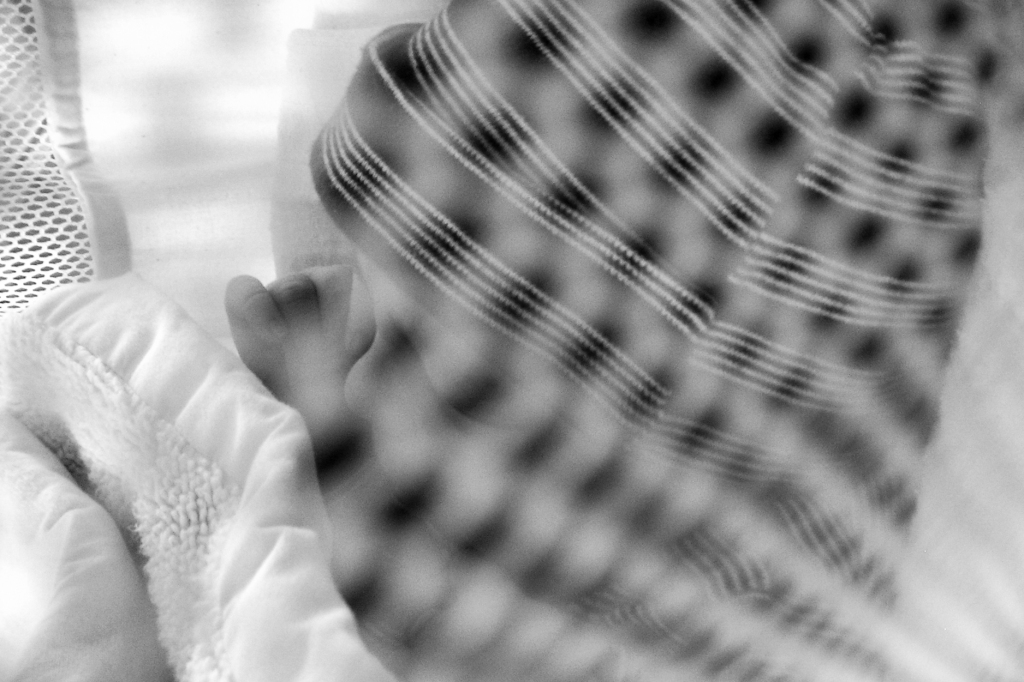The thought of the possibility to be born again, expressed in the simple word ‘rebirth’ , is so far-reaching, that it must have arisen in a play on words in which the rebirth can’t be taken too literally or physically. The Dutch word has been used since the middle ages in a religious context, in which there is not mention of a new conception of the same living being and a second stay in the mother’s womb, but only of the transition of the same existence to another form of life and another insight into its nature. That’s why it was primarily used to indicate that by baptism or conversion people as it were transcended to a life that was regarded more as as the true life. They were therefore reborn in the water or in the spirit. That is far-reaching enough, but this rebirth cannot undo the past; it lets the ‘old person’ continue to exist and it’s sooner a new phase in the old life or at best a new beginning of what there was already, than the beginning of a totally different life from a completely different origin. The origin as an occurrence in the past can absolutely not be undone.
Also the thought of reincarnation and of a cycle of ever-repeating births seems to ultimately draw its inspiration and meaning from a form of realisation that human existence is a one-off and irrevocable matter. It has such an elementary and absolute meaning, that the chance of failure is almost unbearable. I’m inclined to think that that is why, in reincarnation and the cycle of rebirths, a sort of resit was built in into existence. A certain way of literal and mythical thought then gives that resit the form of a series of new births in which an earlier life can be be retaken over and over again until it is finally appraised by its true value. For as unbearable as the thought that life is a definitive failure, must be the thought that we depart without a moment in which the absolute meaning of a one-off existence has imbued us. Once that has happened and existence has been purified of its sloppiness, then perhaps that can be the end of it. For from that moment onwards every hereafter and every sequel is redundant fiction.
So what am I occupied with, when i’m thinking of the far too easily used word ‘rebirth’? In any case not with reincarnation from a new physical origin, also not with a regurgitation of an ‘eternal return of the same’ about which Nietzsche orated, and especially not with a revival after a conversion or a successful cure or operation. I sooner think of what Nietzsche’s admirer Heidegger said about the ‘forgetfulness of being’, interpreted as the inescapable given that the absoluteness of the fact that we exist eludes us, and almost can not be the subject of attention. It continuously and forcefully intrudes on us, but it might be too simple to completely get it at once, or satisfy us with its slight scope and content. When that happens and we are confronted with the coincidence of our birth and the fact that we exist, a feeling of rebirth is appropriate. With every rebirth existence becomes more sober, loses some weight and necessity and at the same time gains that weight in absoluteness. The almost nothing that we are is almost everything that we have.


Thank you